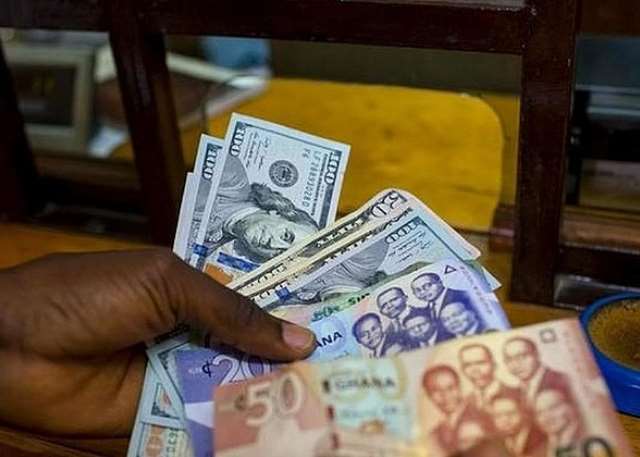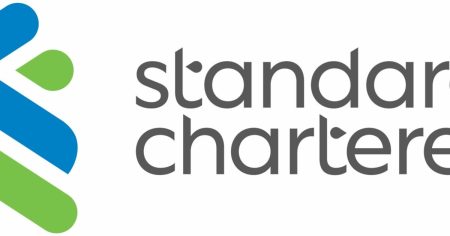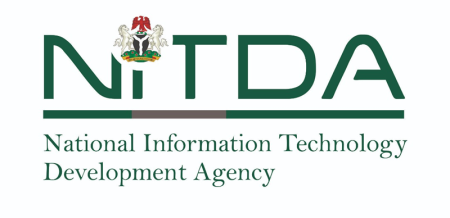The Ghanaian cedi experienced a remarkable resurgence in 2025, appreciating by over 20% against the US dollar and reclaiming its position among the world’s top-performing currencies. This impressive turnaround followed a challenging 2024, marked by significant currency depreciation. Several factors contributed to this positive shift, including robust government interventions, favorable external market conditions, and strategic actions by the Bank of Ghana. These combined efforts effectively stabilized the cedi, bringing much-needed relief to the Ghanaian economy.
A key driver of the cedi’s recovery was the government’s commitment to fiscal consolidation. Implementing stringent measures such as significant reductions in public spending, the suspension of new projects, and a freeze on clearing arrears helped curb excessive demand for foreign exchange. The Ministry of Finance’s decision to withhold approximately GH¢69 billion in payments pending audit played a crucial role in reducing pressure on the cedi. This demonstrated a commitment to fiscal prudence and signaled to the market a determination to control expenditure and manage public finances effectively. These measures, while impactful, are recognized as short-term solutions, and the need for long-term structural reforms remains paramount.
The Bank of Ghana (BoG) also played a pivotal role in bolstering the cedi’s value through strategic interventions in the foreign exchange market. The Domestic Gold Purchase Programme (DGPP) allowed the BoG to accumulate gold reserves, which were then strategically deployed to support the cedi through gold-backed foreign exchange operations. This innovative approach provided a robust backing for the currency and demonstrated the BoG’s proactive approach to managing exchange rate volatility. Between January and May 2025, the central bank injected nearly $1 billion into the forex market, significantly improving dollar liquidity and mitigating depreciation pressures. The timely injections, including substantial amounts in April and March, effectively countered speculative attacks and stabilized the exchange rate.
External factors also contributed to the cedi’s resurgence. The weakening of the US dollar amid escalating global trade tensions created a favorable environment for the cedi to appreciate. This external support provided a window of opportunity for the Ghanaian government and the BoG to implement their stabilization measures, maximizing their impact on the currency’s performance. While these external factors provided a conducive backdrop, it was the combination of internal policy adjustments and strategic interventions that ultimately drove the cedi’s significant appreciation.
While these combined efforts yielded impressive short-term results, experts caution against complacency. Africa Policy Lens (APL), a prominent research and policy think tank, emphasizes that the sustainability of these interventions is uncertain. Drawing down reserves and delaying payments are not viable long-term strategies, and the government must focus on implementing sustainable reforms. APL urges policymakers to capitalize on the current momentum and implement structural changes that promote fiscal discipline, export diversification, and institutional transparency. These long-term measures are crucial for ensuring the cedi’s sustained stability and fostering broader economic growth.
APL underscores the importance of viewing the cedi’s recovery as a stepping stone towards deeper structural reforms. Short-term gains should not overshadow the need for fundamental changes that address the underlying vulnerabilities of the Ghanaian economy. These reforms should focus on strengthening fiscal management, diversifying export revenue streams, and enhancing transparency in public institutions. By focusing on these core areas, Ghana can build a more resilient and robust economy, capable of withstanding external shocks and maintaining a stable currency in the long term. This proactive approach is essential for ensuring sustainable economic growth and prosperity.













